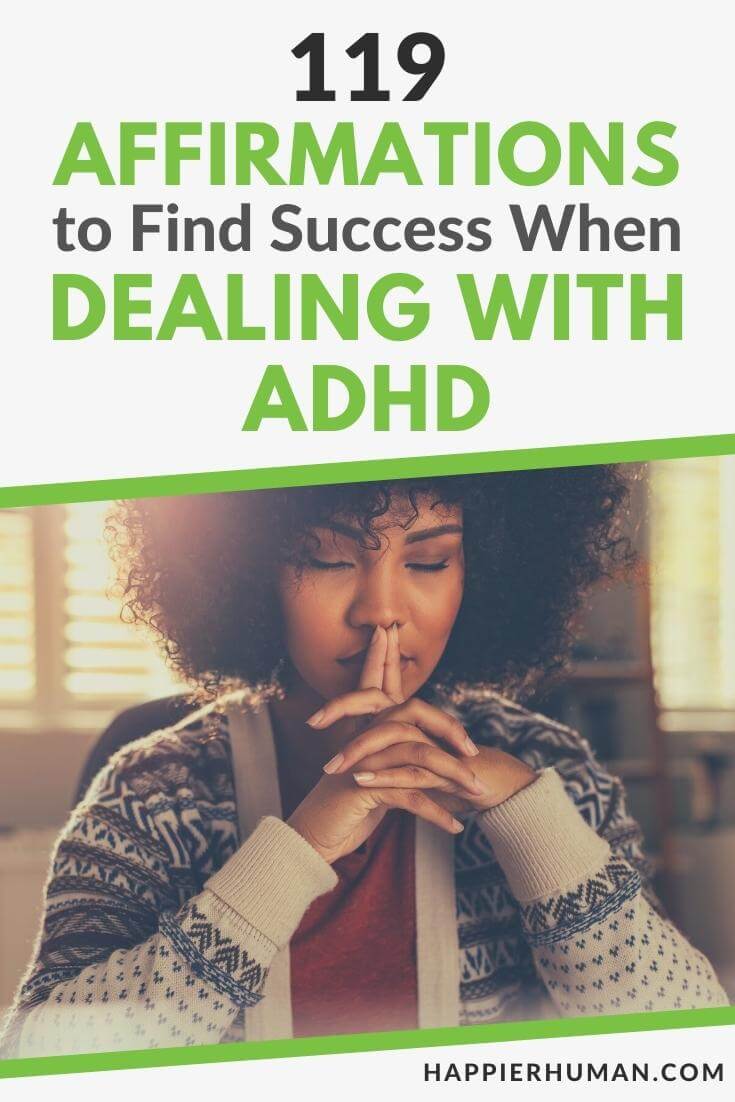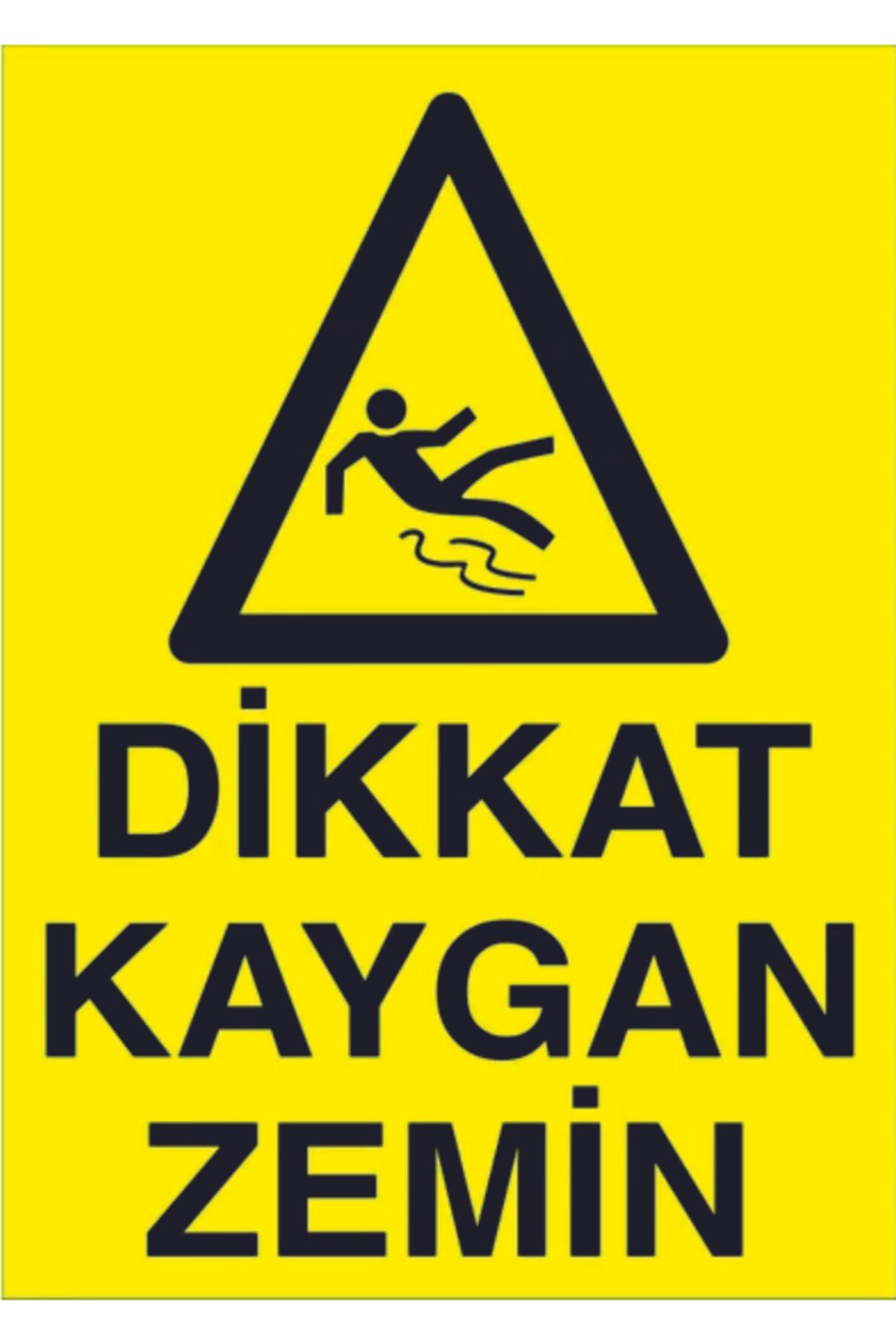Understanding And Managing Adult ADHD: A Step-by-Step Approach

Table of Contents
Recognizing the Symptoms of Adult ADHD
Adult ADHD presents differently than in children. Recognizing the symptoms is the crucial first step towards effective management. Many adults with ADHD struggle with inattentiveness, hyperactivity, and impulsivity, often impacting their work, relationships, and overall well-being. Let's delve into the specific symptoms:
Inattentiveness: The Struggle to Focus
Inattentiveness in adults with ADHD manifests in various ways, often leading to significant challenges in daily life. Symptoms include:
- Difficulty focusing: Struggling to maintain attention during conversations, while reading, or during tasks requiring sustained concentration. This can lead to feeling easily distracted and overwhelmed.
- Disorganization: Chronic disorganization of belongings, workspaces, and schedules. This can include misplacing items frequently and struggling to keep track of appointments or deadlines.
- Forgetfulness: Frequently forgetting appointments, tasks, or important information. This can impact both personal and professional responsibilities.
- Poor time management: Struggling to estimate how long tasks will take, leading to chronic lateness and missed deadlines. Procrastination is also a common symptom.
The impact of inattentiveness extends beyond simple forgetfulness. It can severely affect work performance, leading to decreased productivity and missed opportunities. Relationships can suffer due to missed appointments, forgotten commitments, and difficulty following conversations. Personal life is also affected, with potential difficulties in managing finances and household responsibilities.
Hyperactivity and Impulsivity: The Restless Energy
Beyond inattentiveness, many adults with ADHD experience symptoms of hyperactivity and impulsivity. These can include:
- Restlessness: Feeling constantly restless and fidgety, finding it difficult to sit still for extended periods.
- Excessive talking: Talking excessively and interrupting others frequently, sometimes without realizing it.
- Difficulty waiting one's turn: Struggling to wait patiently in lines or for their turn in conversations or activities.
- Acting before thinking: Making impulsive decisions without considering the consequences, leading to potential risky behaviors.
These symptoms can manifest differently in various settings. At work, hyperactivity might present as difficulty staying seated at a desk, constant fidgeting, or frequent interruptions of coworkers. Socially, it might involve dominating conversations, interrupting others, or making impulsive comments. At home, it could manifest as restlessness, difficulty relaxing, or engaging in risky behaviors. The potential for risky behaviors, such as reckless driving or impulsive spending, is a significant concern for adults with ADHD.
Differentiating ADHD from Other Conditions
It's crucial to understand that ADHD symptoms can overlap with other conditions, such as anxiety, depression, and learning disabilities. Therefore, a proper diagnosis is essential to rule out other possibilities. A professional evaluation is necessary to determine if the symptoms align with the diagnostic criteria for ADHD.
- Conditions to consider differentiating from ADHD: Anxiety disorders, depression, bipolar disorder, oppositional defiant disorder, learning disabilities, autism spectrum disorder.
- Importance of professional evaluation: A comprehensive assessment by a psychiatrist, psychologist, or other qualified healthcare professional is necessary for accurate diagnosis and treatment planning.
Seeking Professional Diagnosis and Treatment for Adult ADHD
Getting a diagnosis and appropriate treatment is a crucial step in managing Adult ADHD. This involves a process that requires understanding and patience.
The Diagnostic Process
The diagnostic process for Adult ADHD typically involves several steps:
- Self-assessment: Completing questionnaires and checklists to identify potential symptoms.
- Psychological evaluation: A comprehensive interview with a mental health professional to discuss symptoms, history, and impact on daily life.
- Potential neuropsychological testing: In some cases, neuropsychological testing may be recommended to assess cognitive functions and rule out other conditions.
- Review of medical history: A thorough review of medical history to rule out other medical conditions contributing to similar symptoms.
Finding qualified professionals who specialize in diagnosing and treating ADHD is vital. Resources like your primary care physician, online directories of mental health professionals, and support groups can help locate specialists in your area.
Treatment Options for Adult ADHD
Treatment for Adult ADHD is often multifaceted and may involve a combination of approaches:
- Medication: Stimulant medications (e.g., methylphenidate, amphetamine) and non-stimulant medications (e.g., atomoxetine) are commonly prescribed to improve focus, reduce impulsivity, and manage hyperactivity. Potential side effects vary depending on the medication and individual responses.
- Therapy: Cognitive Behavioral Therapy (CBT) and behavioral therapy can help individuals develop coping mechanisms, manage symptoms, and improve daily functioning. Therapy helps identify and change negative thought patterns and behaviors.
- Lifestyle Changes: Adopting healthy lifestyle choices, such as regular exercise, a balanced diet, and sufficient sleep, can significantly impact symptom management. These changes support overall brain health and well-being.
Choosing the right treatment plan requires collaboration between the individual and their healthcare provider. The effectiveness of different treatments varies depending on individual needs and preferences.
Developing Effective Coping Strategies and Lifestyle Adjustments for Adult ADHD
Managing Adult ADHD effectively involves adopting strategies that support focus, organization, stress management, and overall well-being. These are essential components of effective long-term management.
Time Management Techniques
Effective time management is critical for individuals with ADHD. These techniques can significantly improve productivity and reduce stress:
- Prioritizing tasks: Identifying and focusing on the most important tasks first.
- Using planners and calendars: Utilizing digital or physical planners to schedule appointments, deadlines, and tasks.
- Setting realistic goals: Breaking down large tasks into smaller, more manageable steps.
- Time blocking: Allocating specific time blocks for particular tasks or activities.
- Helpful apps: Utilizing time management apps like Todoist, Any.do, or Google Calendar.
Consistency in employing these techniques is key to long-term success. Experimentation to find what works best is also important.
Organization Strategies
Improving organization skills can alleviate stress and improve efficiency:
- Organizing workspaces: Maintaining a clean and organized workspace to minimize distractions.
- Decluttering belongings: Regularly decluttering to reduce visual clutter and improve focus.
- Using organizational tools: Employing tools like filing systems, labeled containers, and digital organization apps.
- Color-coding: Using color-coding systems to categorize and prioritize tasks or items.
These strategies can drastically improve daily efficiency and reduce the feeling of being overwhelmed.
Mindfulness and Stress Management
Stress can exacerbate ADHD symptoms. Mindfulness and stress reduction techniques are invaluable:
- Meditation: Practicing mindfulness meditation to improve focus and reduce anxiety.
- Yoga: Engaging in yoga to promote relaxation and reduce stress.
- Deep breathing exercises: Practicing deep breathing techniques to calm the nervous system.
- Spending time in nature: Engaging in activities outdoors to reduce stress and improve mental clarity.
These techniques can improve focus and reduce the impact of stress on ADHD symptoms.
Healthy Lifestyle Choices
A healthy lifestyle plays a vital role in managing Adult ADHD:
- Regular exercise: Engaging in regular physical activity to improve focus, mood, and sleep.
- Balanced diet: Consuming a balanced diet rich in fruits, vegetables, and whole grains. Minimizing processed foods, sugar, and caffeine.
- Sufficient sleep: Prioritizing adequate sleep to improve cognitive function and mood regulation.
These lifestyle choices support overall well-being and significantly contribute to better symptom management.
Conclusion
Understanding and managing Adult ADHD requires a multifaceted approach. By recognizing the symptoms, seeking professional help for diagnosis and treatment, and implementing effective coping strategies and lifestyle adjustments, individuals can significantly improve their quality of life. Remember, getting the right support is crucial. Don't hesitate to seek help from a qualified professional to address your Adult ADHD symptoms. Take the first step towards better management of your Adult ADHD today!

Featured Posts
-
 Amanda Owen Fights Back Amidst Divorce Battle With Clive
Apr 30, 2025
Amanda Owen Fights Back Amidst Divorce Battle With Clive
Apr 30, 2025 -
 Iva Ristic Confirms Marriage Details On Her Incredible Husband
Apr 30, 2025
Iva Ristic Confirms Marriage Details On Her Incredible Husband
Apr 30, 2025 -
 Find Untucked Ru Pauls Drag Race Season 17 Episode 6 Free Streaming Sites
Apr 30, 2025
Find Untucked Ru Pauls Drag Race Season 17 Episode 6 Free Streaming Sites
Apr 30, 2025 -
 Gripna Prognoza Prof Iva Khristova Za Vtorata Vlna
Apr 30, 2025
Gripna Prognoza Prof Iva Khristova Za Vtorata Vlna
Apr 30, 2025 -
 Ru Pauls Drag Race Live Milestone 1000th Show Livestream Event
Apr 30, 2025
Ru Pauls Drag Race Live Milestone 1000th Show Livestream Event
Apr 30, 2025
Latest Posts
-
 Three Injured In Yate House Explosion Gas Leak Suspected
Apr 30, 2025
Three Injured In Yate House Explosion Gas Leak Suspected
Apr 30, 2025 -
 Nevsehir De Kaygan Zemin Yueksekten Duesme Kazasinin Detaylari
Apr 30, 2025
Nevsehir De Kaygan Zemin Yueksekten Duesme Kazasinin Detaylari
Apr 30, 2025 -
 Yueksekten Duesme Kazasi Nevsehir De Kaygan Zemin Felaketi
Apr 30, 2025
Yueksekten Duesme Kazasi Nevsehir De Kaygan Zemin Felaketi
Apr 30, 2025 -
 Nevsehir De Goeruenmez Tehlike Kaygan Zemin Yueksekten Duesmeye Neden Oldu
Apr 30, 2025
Nevsehir De Goeruenmez Tehlike Kaygan Zemin Yueksekten Duesmeye Neden Oldu
Apr 30, 2025 -
 Tyumen Posle Obrusheniya Gorki Postradavshie Otkazalis Ot Gospitalizatsii
Apr 30, 2025
Tyumen Posle Obrusheniya Gorki Postradavshie Otkazalis Ot Gospitalizatsii
Apr 30, 2025
